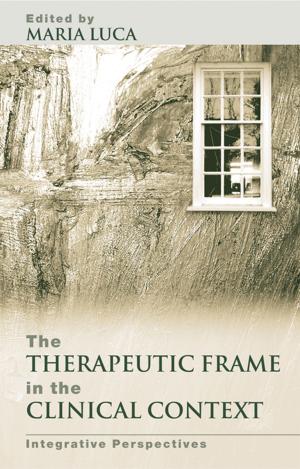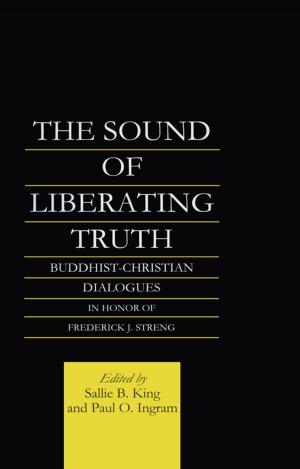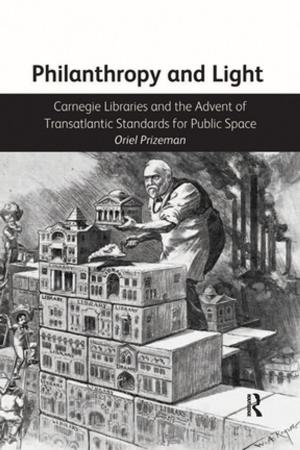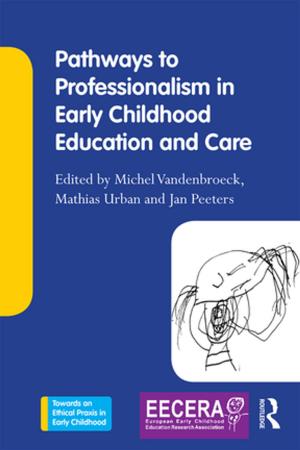| Author: | Denise Yim | ISBN: | 9781351537636 |
| Publisher: | Taylor and Francis | Publication: | July 5, 2017 |
| Imprint: | Routledge | Language: | English |
| Author: | Denise Yim |
| ISBN: | 9781351537636 |
| Publisher: | Taylor and Francis |
| Publication: | July 5, 2017 |
| Imprint: | Routledge |
| Language: | English |
The Italian violinist and composer Giovanni Battista Viotti (1755-1824) is considered today to have been one of the most significant forces in the history of violin playing. In 1792 he met Margaret and William Chinnery, a wealthy English couple with strong connections in the world of arts and letters. From that point onwards Viotti's life became inextricably bound up with theirs; he moved into their home and became a second father to their children, forming a remarkably successful m gerois. Henceforth, all Viotti's career decisions were taken with this family's welfare in mind. The Chinnery Family Papers feature over 100 Viotti letters and other documents. Drawing extensively on these papers, this book investigates the new light that they cast on Viotti's life and career, as well as the context in which he lived and worked. Fresh insights are given into the reception of Viotti's concertos in London and the solo performances he gave while in England, together with new information on his role as a music teacher in the Chinnery household, and his relationship with Mme de Sta and the Philharmonic Society.
The Italian violinist and composer Giovanni Battista Viotti (1755-1824) is considered today to have been one of the most significant forces in the history of violin playing. In 1792 he met Margaret and William Chinnery, a wealthy English couple with strong connections in the world of arts and letters. From that point onwards Viotti's life became inextricably bound up with theirs; he moved into their home and became a second father to their children, forming a remarkably successful m gerois. Henceforth, all Viotti's career decisions were taken with this family's welfare in mind. The Chinnery Family Papers feature over 100 Viotti letters and other documents. Drawing extensively on these papers, this book investigates the new light that they cast on Viotti's life and career, as well as the context in which he lived and worked. Fresh insights are given into the reception of Viotti's concertos in London and the solo performances he gave while in England, together with new information on his role as a music teacher in the Chinnery household, and his relationship with Mme de Sta and the Philharmonic Society.















